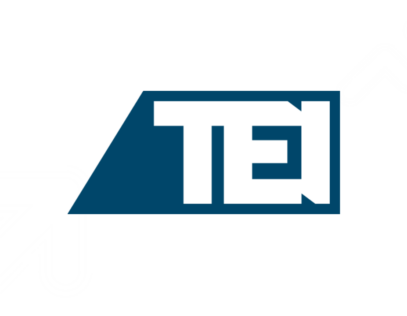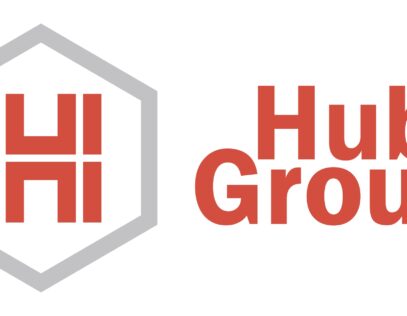When preparing a tax provision and financial statements, time is of the essence. So, who could blame you for taking matters into your own hands and reserving for deferred assets based on probable forecasts? Or allocating assets and liabilities to the best of your knowledge? After all, if something is off, the auditor will catch it and you can make adjustments then, right?
Wrong.
Trouble is that by the time an auditor raises a question about your financial statements, there’s already a domino effect at work. Suppose an amount is recorded incorrectly on a balance sheet. In that case, it flows incorrectly onto your income statement, and ultimately, your overall income tax provision, profit and loss, and balance sheet are suddenly off.
Numbers from one report affect calculations and treatments on others. So, if at the 11th hour your auditor questions your tax treatment of an acquisition, suddenly, you may have a trail of calculations and reports to redo.
Not only is that more work than you have time for, but stressful situations that arise on deadline make financial and tax reporting more prone to errors.
Get Ahead of the Game
What if, instead of waiting for the auditor to review your financial statements, you collaborated with the auditor before you solidified any tax treatments? Think about it. “I don’t think these deferred assets will ever be realized. I’m thinking we need a valuation allowance in the amount of X.
Would you agree?” Or, “We need to allocate $10 million as the fair market value of property, plant, and equipment (PP&E). Do you think that amount is correct?”
If the auditor disagrees, you can come up with a solution together, avoiding questions, a trail of corrections, and last-minute stress. Then when it is time for the audit, the auditor is already familiar with your transactions and knows how and why certain transactions received certain tax treatments.
This kind of collaboration builds trust—a key ingredient for a smooth financial statement audit—and saves time on the backend. Proactively alleviating your auditor’s concerns helps to significantly reduce the possibility of error identification, modified opinions, and misstatements.
Involving an auditor early on sets you up for a smooth audit process and a good relationship with your auditor. Early collaboration can offer insight into where a business might want to tighten controls and result in a clean opinion, delivered swiftly—both of which will undoubtedly please your shareholders.










